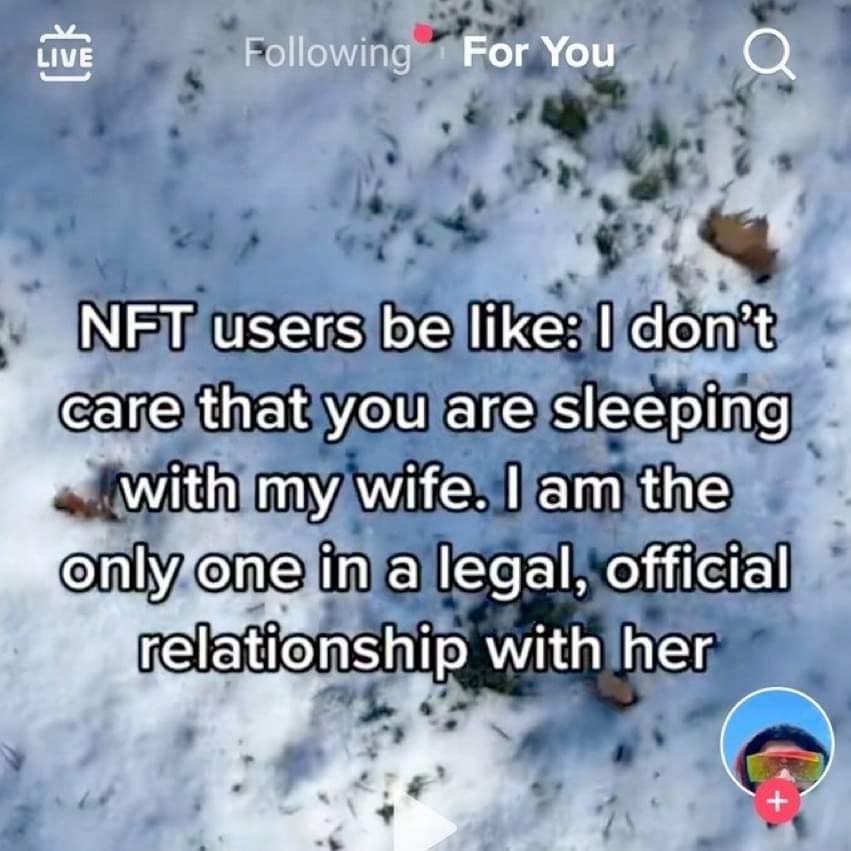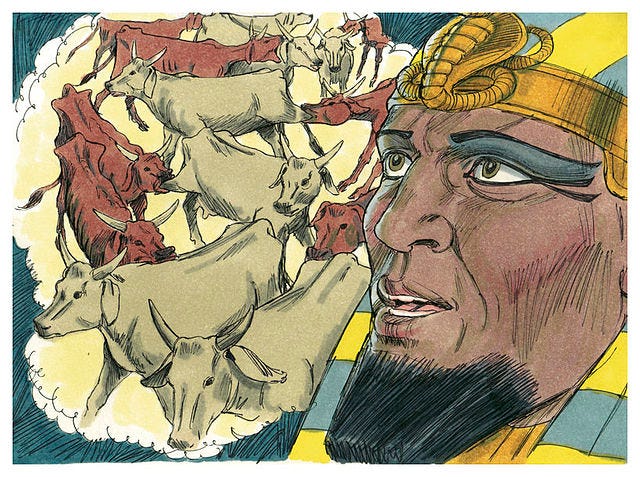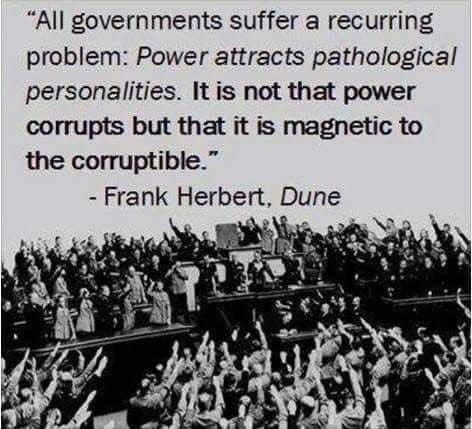The Problem Of No-Evidence
Here is why I am skeptical about almost everything – especially rape cases: the problem of evidence and No-evidence.
Thank you for reading Monday Map on The Busymind Project. Today I bring you the problem of no-evidence. If you are yet to subscribe, please do so below:
Here is why I am skeptical about almost everything – especially rape cases: the problem of evidence and No-evidence. These opposing things are problematic at the same time. How?
1. Evidence is not necessarily proof of truth.
2. No-evidence does not imply falsehood.
I focus on the latter in today’s essay. The former I shall address at a different time, with a different style (that I have had in mind since 2020).
Our scope of knowledge is limited; we can only record so much at every point in time. So, we rely on evidence to prove a case. Be it eyewitnesses, documentation or whatever. We develop tools to provide evidence – the microscope to observe microorganisms, litmus paper to check for acid or base, a slap to know if that idiot feels pain, etc. We claim that a thing is true because we can prove it; and by prove we mean that we can verify from a detached, independent viewpoint – independent of who is making the case – that what we say is true. And we say that it is false or in doubt when we can't verify.
However, I would like you to ask this question: is something necessarily false because we can't prove it? Is a thing false simply because we cannot verify its truth from an independent source? Is no evidence of cancer the same as evidence of no cancer? This question I believe is what wise people ask; intelligent people may not care to ask (as intelligence is a different quality from wisdom). For a thing we cannot verify, we record it as false until proven true; just a fancy statement for “I doubt that.”
For instance, courts rely on arguments and evidence. You need both. But in the order of things, evidence silences arguments. Yet it is good to have a combination of both. But what about where we have a real case, a genuine argument, but no evidence for a case that requires evidence? How do we live in such circumstances where a man’s livelihood hangs in the balance on the basis of evidence?
We will take a story from the Bible; precisely Pharaoh's dream.
And Pharaoh said unto Joseph, In my dream, behold, I stood upon the bank of the river: And, behold, there came up out of the river seven kine, fatfleshed and well favoured; and they fed in a meadow: And, behold, seven other kine came up after them, poor and very ill favoured and leanfleshed, such as I never saw in all the land of Egypt for badness: And the lean and the ill favoured kine did eat up the first seven fat kine: And when they had eaten them up, it could not be known that they had eaten them; but they were still ill favoured, as at the beginning. So I awoke.
Genesis 41:17-21
I found this amusing about Pharaoh’s dream. After the scrawny cows had swallowed the fat ones, there was no sign that the fat cows had ever been there. So I wondered, if, perhaps someone — a stupid peasant — met Pharaoh in the dream and Pharaoh told him what just happened. I imagined that it would take great restraint for the citizen not to think of his god-king as going amok.
What argument can Pharaoh make to prove to this peasant who is trying not to laugh that these ugly-bugly cows wholly swallowed fat-fresh cows? It reminds me of Ignaz Semmelweis who was mocked by his peers in the medical profession for asserting that simply washing their hands will save more pregnant women from dying at childbirth. Poor Ignaz; a hero.
We need to build a world that can accommodate instances of no-evidence. Except that, we are a certainty-seeking species, sense-making animals, and feelings of uncertainty are illnesses of a different kind.
Rape Cases
Most rape cases, if tendered, are usually cases of “his word against hers.” So, we start pining for arguments to free our camp and emerge victorious from the tussle.
For those who ask the lady to provide “evidence,” I ask in my heart “did she know just what would happen ahead of time for her to set up the situation to collect evidence? Wouldn’t she be distraught to gather evidence right after the act?” And as the empath that I am, I ask you, “where is your humanity?!”
For those who expect us to take her word for it just because “she has no reason to lie,” I am like – and this is obvious enough – “how? I am just supposed to pile on this guy because she said so?”
And even more critically, those men who had the “evidence” (receipts as a colloquialism), how did they just know what to do? I celebrate their foresight.
Arguments are circus and entertainment when deployed for critical matters. Probabilities are placebos; and “plausibility” is a coping mechanism. The improbable happens more than your certainty-shriveled mind can allow.
Total Surveillance
Here is my solution: let us vote for a totally surveilled state where the government can see everything. Where we will log in start and end times for our coitus sessions; where we will submit our emotions to cameras and algorithms so that they can detect foul play. So that we can know, by a distinct moaning sound, that consent has been withdrawn even without uttering any coherent word signifying such withdrawal and get the robot cops kicking the door in to violate the violator – who just became a violator 15 seconds ago when consent was withdrawn.
Let us plant cameras everywhere and tell the state what we want to do, how we will do it, and that should we fail to do it that way, the state should brutalise us. I assure you, this is the solution to the problem of no-evidence.
We also need a pre-crime unit. Thank you.
Here is your picture:
Okay, one last thing. Some of you have been reading this publication without subscribing. Why not just enter your email below and sign up? Thank you.
Have a great week.








Have you watched Minority Report? A great movie on pre-crime ( evidence/no-evidence)
The comedy of the pre-crime is that it is already here, just not evenly distributed nor is it accurate, but it is amusing to see how supposed attempts against no-evidence still justifies the need for it.
See Mr. Kirkegaard and his venture towards the muscularized psyche. It is often that ones who are either dull (low IQ correlation to crime as means to survival) or pathologically instable (p-factor and verbal tilt theory, correlation between windbags and predatory behaviors) who do most of the bad deeds. The former can be sheltered from crime, but the latter is socially maladapt in the most quantifiable sense. https://kirkegaard.substack.com/
But to look closely, it is the equivalent of spotting bad omens from ancient times. The only person who slams psychometrics are the same people who denies omens, as to not sew skepticism of their false innocence. The guilty also blame the most innocent for wrongdoings. Any attempts of surveillance or even confession, if it has loopholes, it simply has to fall back on partial logic, heuristics, and intuition. If one insists on pure chains of logic for some dubious "innocence until absolutely proven guilty", isn't it a suspect for possible guilt?